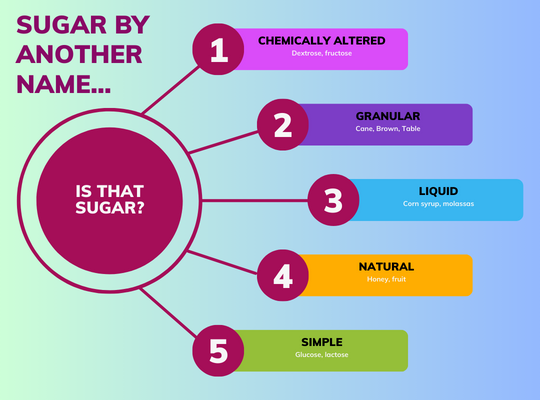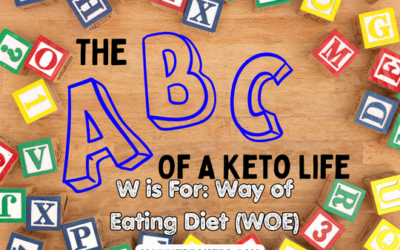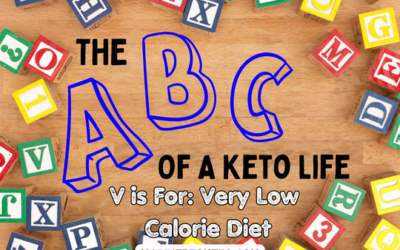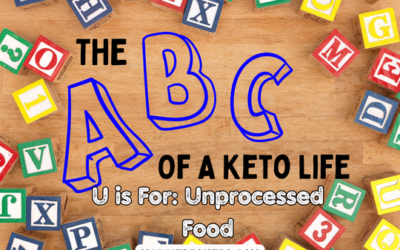If you’ve read our blogs, you know I have a personal beef with sugar. Added sugar was once my crutch in life. When stressed, I turned to chocolate. If I celebrated something, I turned to cake. And when bored, I baked sweet stuff. It’s so addictive! And here’s my other beef with sugar – it can be difficult to identify. Because many of us are onto the fact that sugar is destructive, companies put it in the nutritional information with different names. I decided to do a blog series on the many names of sugar. Today we look at why companies may choose molasses over sugar.
What is Molasses?
Molasses is the dark, thick syrup that’s made during the sugar-making process. When I was young, my grandmother would give me a piece of homemade bread, butter and molasses as a snack. Today, many parents would pass out at the levels of sugars and fat contained in that one tasty snack! But, it may have turned out not to be quite as bad as we thought. And, it certainly was tasty!
How Is It Made?
Molasses is from the sugar-making process. Producers crush the sugar cane or sugar beets and extract the juice. They boil down the juice to form crystals that separate from the liquid. That leftover liquid is molasses. Two tablespoons of molasses have approximately 120 calories and 30 grams of carbs (all of which are sugar).
The light molasses, or regular molasses that we usually buy is from the first boiling procedure. This is primarily used for baking. It’s a lighter colour and it is quite sweet. That’s the stuff gram put on my bread and butter. Dark molasses is from a second boiling process. It’s darker, thicker, and less sweet. This is often used for baked beans or a barbeque sauce. And, finally, the blackstrap molasses is from a third boiling process and is what at the bottom of the barrel. It’s very dark and quite bitter – and is usually in livestock feed.
Are there Benefits to Molasses Over Sugar?
Molasses does have some iron, calcium, magnesium and potassium in it that can provide health benefits. We do need these minerals for our bone health. However, you can also get these minerals from nuts, seeds, and dairy products, so there is no need to rely on molasses.
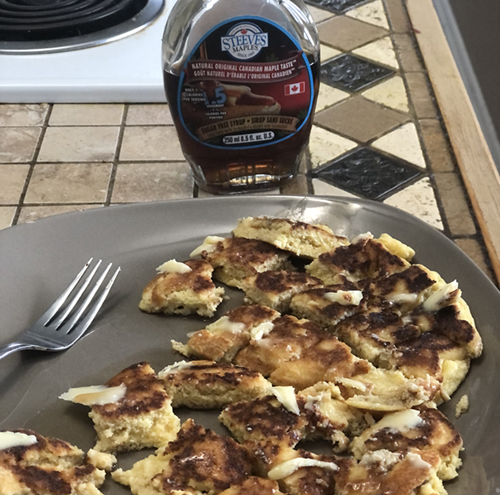
Potassium, in particular, promotes heart health. It can help maintain your blood pressure. Studies have shown that the minerals in molasses may help increase the healthy levels of HDL cholesterol. Well, these studies were with rats not humans, but it worked for them.
If an adult is healthy and eating a high carb diet (which seems like a conflicting statement to me, but who am I) it may help stabilize blood sugars. However, it does have a similar glycemic index to refined sugar.
What Are the Long Term Effects of Molasses Over Sugar?
Like refined sugar, molasses is an added sweetness to our food. Just like the other sugars we’ve examined in this series, the long term effects are bleak. We take in, on average, 13% of their calories from added sugars. Health professionals recommend between 0 and 10% of our calories. And, do you see the 0%? We do not need any additional sugar to live a healthy lifestyle. Added sugar can lead to many chronic health concerns, including fatty liver disease, type 2 diabetes, heart disease, increased blood pressure, and inflammation.
A Final Thought Molasses Over Sugar
Out of all the sugars we have examined so far, molasses does seem to have the least amount of harmful elements to it. It has more minerals that our bodies need. That benefit aside, we can get all of those minerals from other foods that don’t spike blood sugars and don’t lead to craving more sweet stuff. Is it a better option than refined sugar? Slightly. Is it keto? Absolutely not!
Wendy

